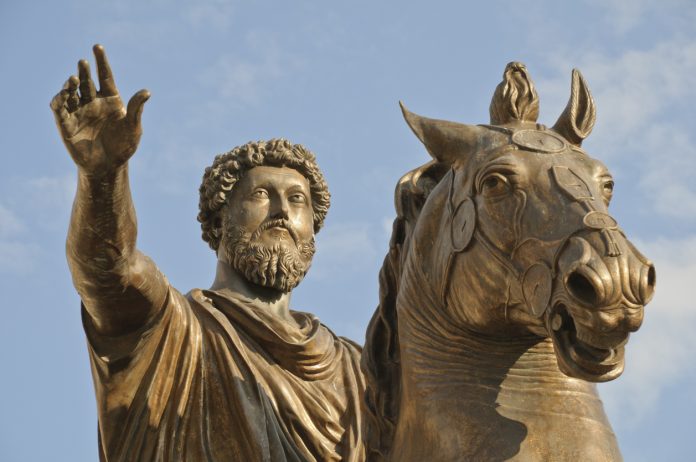Tim Boerkamp, Founder & Philosophy Writer at Examined Mind, a platform for practical philosophy, argues that philosophy is a skill rather than just a subject
Of all the things I’ve done in life to grow, improve, and feel more in control, philosophy has been the most surprising one. Not because I expected it to be useless – far from it. But because for a long time, philosophy felt like something that happened in books, not in life.
I’ve since learned that philosophy is less about having the answers and more about asking better questions. And let’s face it – we live in a world that’s full of answers. Open any app, talk to any chatbot, or read any trending article, and you’ll find solutions for problems you didn’t even know you had. How to be more productive. How to beat the algorithm. How to optimise your life down to your water intake.
But the question rarely is: should you? Or more importantly – why?
Philosophy, at its best
Philosophy, at its best, is the practice of pausing. Of stepping back from the whirlwind of quick fixes and asking: “What actually matters to me?” It’s a skill that helps us problematise things – not in the sense of making everything difficult, but in the sense of identifying what’s worth our time, energy, and reflection. And when you can clearly define why something matters to you, navigating life’s challenges becomes a lot easier.
That’s not an abstract idea to me. A couple of years ago, I felt stuck. Life looked good on paper, but something wasn’t clicking. I didn’t need more answers – I needed better questions. What was I working toward? What kind of person did I want to be? When I read Marcus Aurelius’ Meditations for the first time, the question that hit me hardest was: If you were to die tomorrow, would you be satisfied with how you lived today? At that point, the answer was a clear no.
So, I changed my life – moved abroad to Athens, challenged myself, and started examining things more closely. Not just through reading, but through walking. Literally. Every morning, I’d walk 10,000 steps through the city, giving myself time to think. On those walks, I found clarity, not because I found magical solutions, but because I gave myself the space to reflect. That’s what I mean when I say philosophy is a skill. It’s something you practice. And the more you do, the more it reshapes how you see the world.
Take the idea of perspective. Epictetus once said, “Everything has two handles.” We always have a choice in how we carry something – whether we choose the handle that burdens us, or the one that helps us grow. When someone wrongs you, you can choose resentment – or you can choose understanding. That’s not about being passive. It’s about being intentional. And intention starts with reflection.
Philosophy: Values
The same goes for values. Knowing what matters to you makes it easier to deal with the noise of the world. It’s the difference between reacting and responding. Between chasing answers and asking: Is this even my question to answer?
You don’t need a philosophy degree to do this. You just need to be curious – and maybe open to the idea that wisdom isn’t only found in ancient texts. It’s also in the stories we tell ourselves and each other. Whether it’s Plato’s cave or a movie like The Matrix, philosophy shows up everywhere – if you’re willing to look for it.
And that’s the big shift: from consuming solutions to examining your foundations. When you do that, you start to see what really needs solving – and what doesn’t. You rediscover your own ability to think critically, to decide deliberately, and to act with purpose.
In a world that celebrates fast answers, philosophy teaches us to value slow questions.
And that, to me, makes it one of the most essential skills for the future – not just for navigating what’s ahead, but for making sure it’s a future we actually want to live in.











